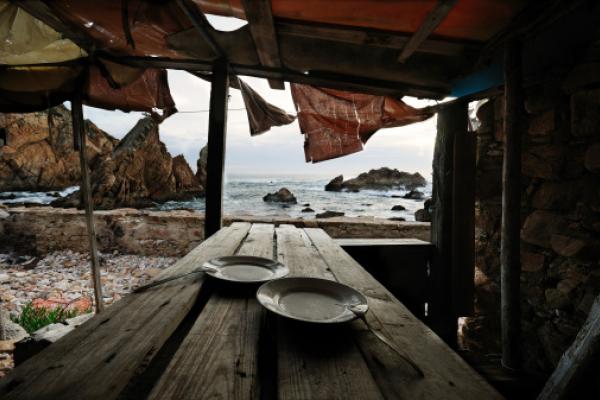Feb 7, 2012
In February of 2009, when I tried a month-long Ramadan fast for the book Flunking Sainthood, I felt like a failure for most of the month.
Fasting was not a practice I ever cheated on (weirdly, it was easier for me to give up food completely in February than it was just to be a vegetarian in October of that year, when I did cheat -- how lame is that?). But I never felt like I fully "got" it. I did feel unexpectedly relaxed at the end of February -- and, let's face it, a bit smug that I'd persevered through the experience -- but not much more spiritual than when I started.
I think it's because I had the wrong attitude to begin with.
Read the Full Article

Already a subscriber? Login
